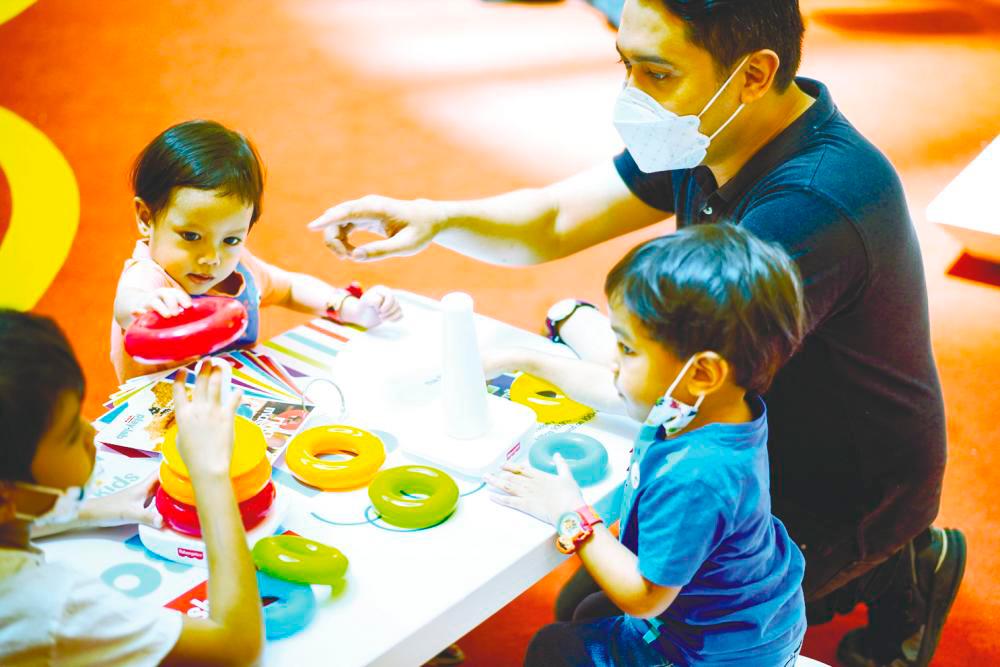PETALING JAYA: Universiti Kebangsaan Malaysia public health medicine specialist Assoc Prof Dr Mohd Hasni Jaafar called on authorities to widen checks on toxic substances found in children’s products.
He was commenting on a Consumers Association of Penang (CAP) statement that called on authorities to investigate products sold on a popular Chinese online platform.
President Mohideen Abdul Kader said CAP was making the call in response to recent findings by the Seoul City government, which revealed that children’s products sold through the platform contained high levels of toxic chemicals.
“According to news reports there, the Seoul government conducted safety inspections since last month, following growing concerns about products sold by Chinese e-commerce platforms.”
Mohideen said the latest information showed that seven out of eight tested products from an online platform contained formaldehyde and phthalates exceeding safety limits.
One pair of children’s shoes contained phthalates exceeding the permitted limit by 428 times.
He said phthalates, commonly used as plasticisers, belong to a group of endocrine-disrupting chemicals.
Exposure to high amounts of it is detrimental to the reproductive, neurological, and developmental systems of humans, with children being even more vulnerable.
When absorbed through the skin, formaldehyde can result in severe systemic toxicity, leading to metabolic acidosis, tissue and organ damage, and coma.
Mohideen said the popular Chinese online platform is said to be one of the biggest fashion stores globally, and known for its low prices and trendiness.
“A Time magazine article in 2023 even dubbed it as the world’s most popular fashion brand.
“Its explosive growth triggered authorities in South Korea and the European Union to look closer into its business practices and safety standards.”
Mohd Hasni said the toxic ingredients in Chinese-made toys are a well-known issue.
“Certain toys from China often contain heavy metals like cadmium and lead, which are used to make colours more vibrant, especially reds and yellows, and designed to attract children’s attention.
“This problem extends beyond toys to items such as pencil casings, dolls, and toy cars, all of which are likely to contain high levels of these hazardous substances,” he said.
Mohd Hasni said even cheap batteries sold at night markets are known to leak easily, posing risks of direct skin contact and absorption of toxins by children.
“Since popular online shopping platforms have been found to sell products containing high levels of harmful substances, it is crucial for the authorities to take immediate action.
“CAP is right in raising the matter. The authorities must take proactive measures to ensure the safety of these products and protect consumers, particularly children.”
Mohd Hasni emphasised the importance of Malaysians being aware of what they purchase online.
“Lower-priced items often come with lower quality. Ensuring that products are free from toxic chemicals will help protect consumers.”









